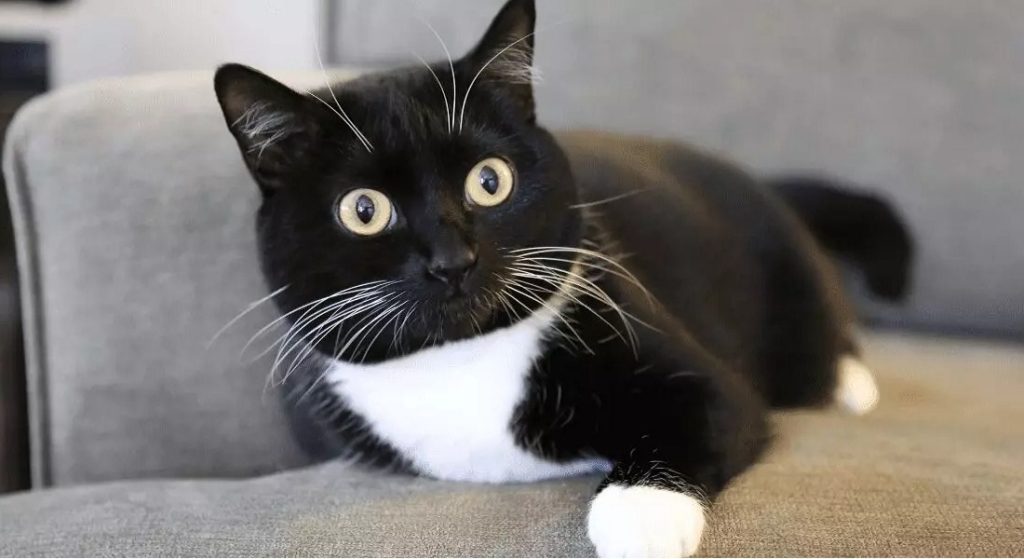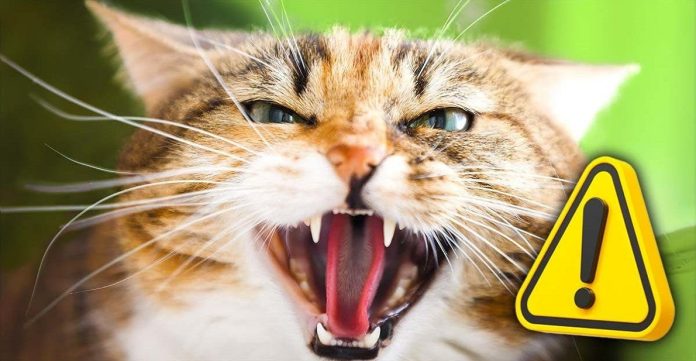Is your cat displaying signs of distress or anxiety? Are you noticing negative body language or inappropriate bathroom behavior? It’s important to understand that what bothers your cat may also bother you. Cats and humans actually share many pet peeves. As a cat owner, it’s crucial to be aware of the mistakes you may unknowingly be making that can cause your cat to feel uncomfortable. Fortunately, we’re here to help. Read on to discover the top things that cats can’t stand and learn how to remedy them.
Cats Hate Feeling Lonely
Contrary to popular belief, cats are not solitary animals! While it’s true that cats can be left alone for longer periods compared to dogs, they still crave attention, companionship, and love, just like any other furry friend or human. If left alone for extended periods, cats can become agitated, anxious, and even depressed.
If you have a busy schedule, it’s important to set aside a few minutes each day to spend quality time with your cat. Even just 15 minutes of playtime every few hours can keep your cat happy and healthy. Alternatively, consider adopting another cat to provide your feline friend with a full-time companion.
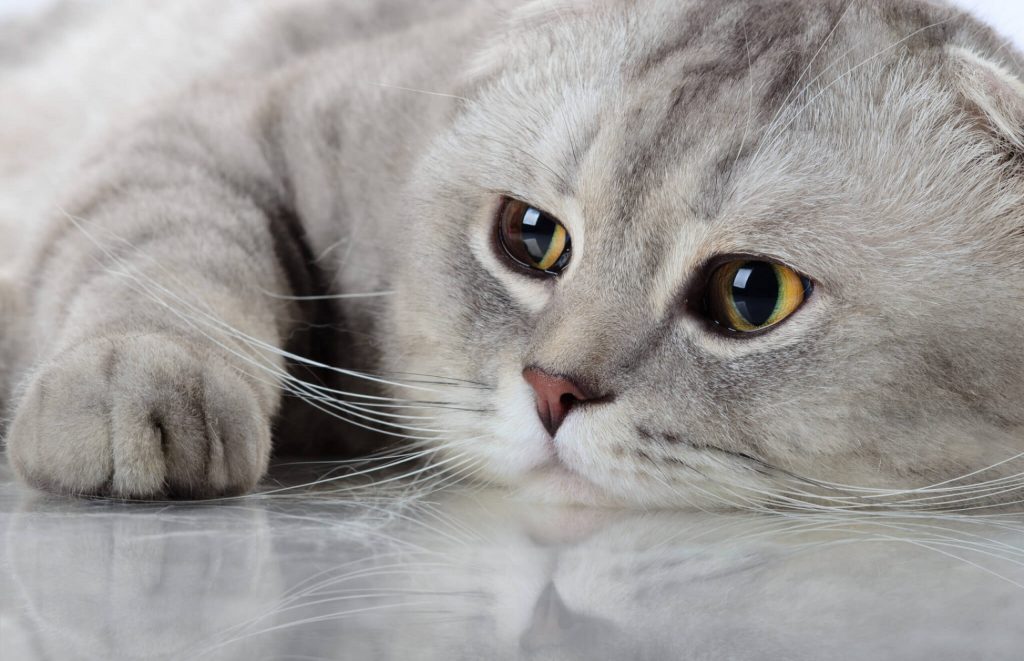
Cats Hate Dirty Litter Boxes
Just like humans, cats find using a dirty toilet unpleasant, whether it’s in public or at home. It’s crucial to clean your cat’s litter box every day, or at least every other day, depending on the number of cats you have and their bathroom habits. If you don’t want to scoop poop daily, consider investing in a self-cleaning litter box.
However, keeping a clean litter box isn’t just about scooping. Depending on the type of litter you use, how often you scoop it, and the number of cats in your household, the litter should be completely replaced about every two weeks.
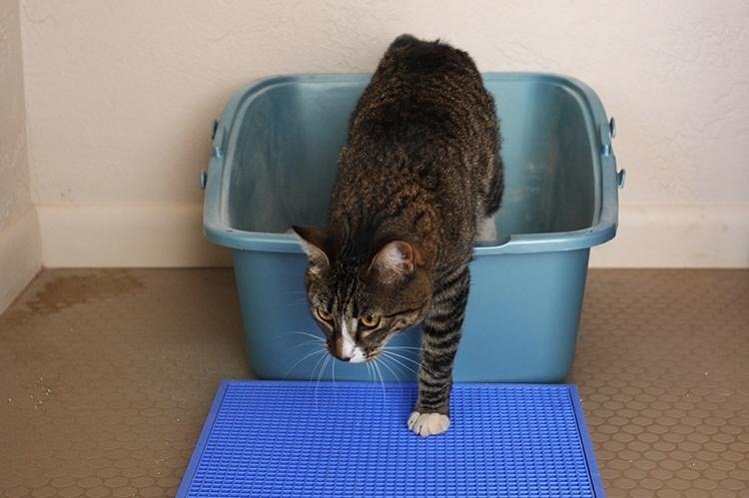
Cats Hate Spoiled Food
Just like you, your cat doesn’t want to eat spoiled food. Not only does raw or spoiled food taste bad, but it can also make your cat sick. Bacteria such as Salmonella and Staphylococcus can grow in food that has been exposed for too long, especially in warmer months.
When serving your cat’s meals, always check the expiration dates on both wet and dry food. If you find yourself saving lots of leftovers after your cat’s meals, you may need to reassess how much it actually needs to eat. Your veterinarian can help you determine the appropriate amount based on your cat’s breed, age, and activity levels.
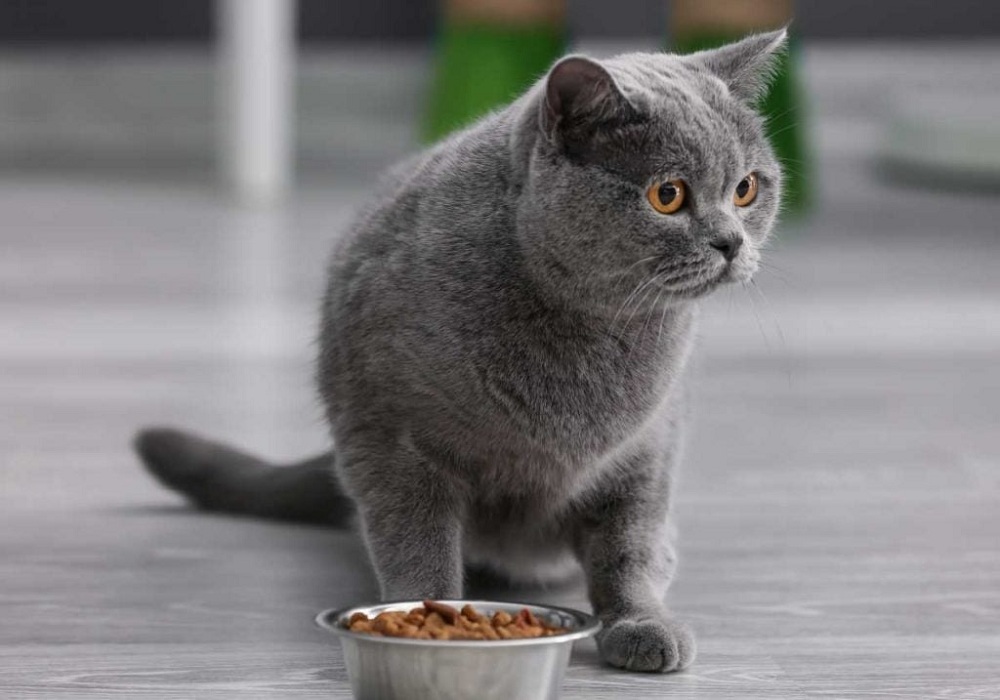
Cats Hate Yucky Medicine
Just like humans, cats don’t enjoy consuming yucky-tasting medicine. Many cats foam at the mouth or spit out medication when taking it. Whether your cat needs medication for a cold, infection, or a chronic condition, it’s important to make the experience more palatable for your furry friend.
First, train your cat to be comfortable with having its face and mouth handled. Associate these sensations with something positive by rewarding your cat with a small treat. Establishing a medication schedule can also help your cat know what to expect and when.
If you’re still having trouble administering pills, there are many soft treats available with pockets designed for holding medication.
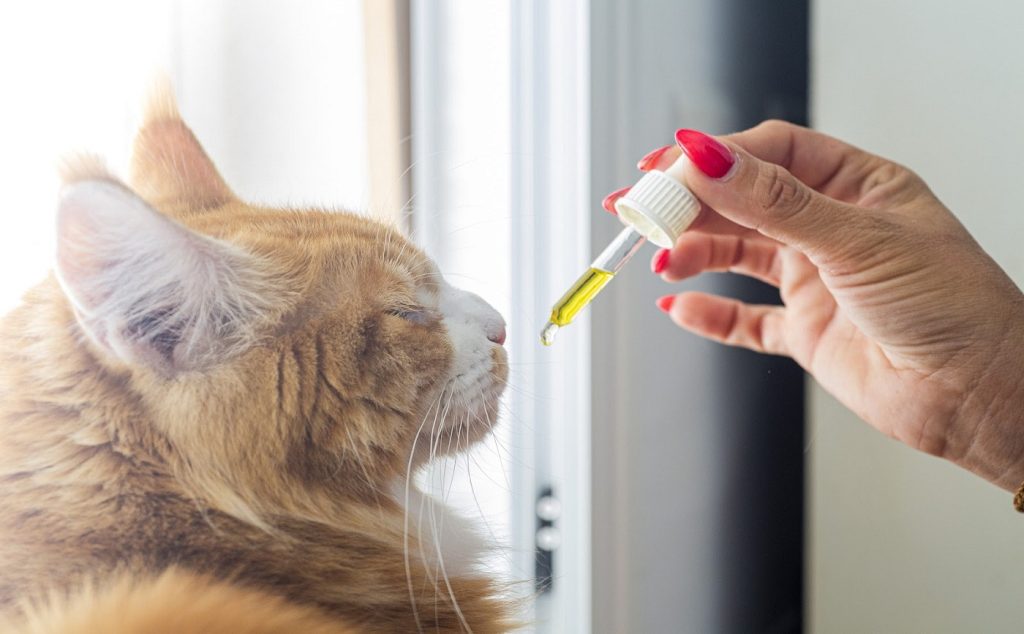
Cats Hate Overly Aggressive Petting
If you have a cat, you know that there are certain areas it will allow you to pet, and petting the wrong area can result in hissing, scratching, or biting. Cats can be extremely sensitive to tactile stimuli, so it’s important to be aware of where and how you’re petting them.
To keep your cat happy, focus on petting the areas around its head and neck. Cats groom each other in these areas and dislike “full-body” pets down the length of their backs. Pay close attention to your cat’s behavior and body signals to understand what kind of petting is acceptable and what is not.
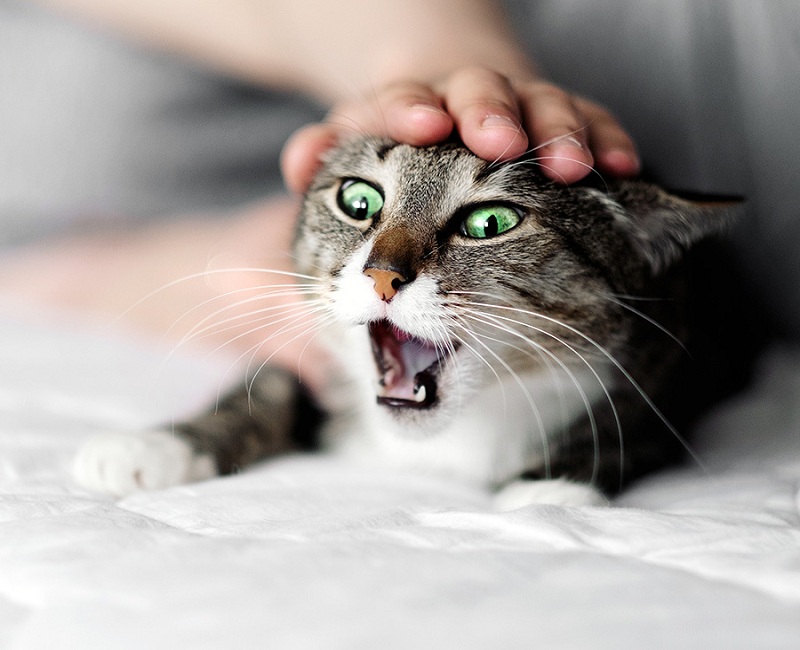
Cats Hate Competition From Other Cats
Cats can become jealous of one another, whether it’s over food, space, toys, or their humans’ attention. Unfortunately, this jealousy or resource guarding can sometimes lead to aggression and misdirected aggression.
For example, if a house cat feels threatened by an outdoor cat but can’t attack it, the house cat may redirect its aggression toward another cat inside the house.

Cats Hate Loud Noises
Loud noises and commotion, such as thunderstorms, arguments, or fireworks, can seriously stress out your cat. Chronic stress from loud noises can lead to behavioral and health issues, including skittishness, aggression, depression, hair loss, lack of appetite, and over-grooming.
While it can be challenging, try to limit your cat’s exposure to loud noises. Keep it in a quiet and safe space when guests are over or during bad weather, and avoid playing very loud music or turning up the volume on the TV.
